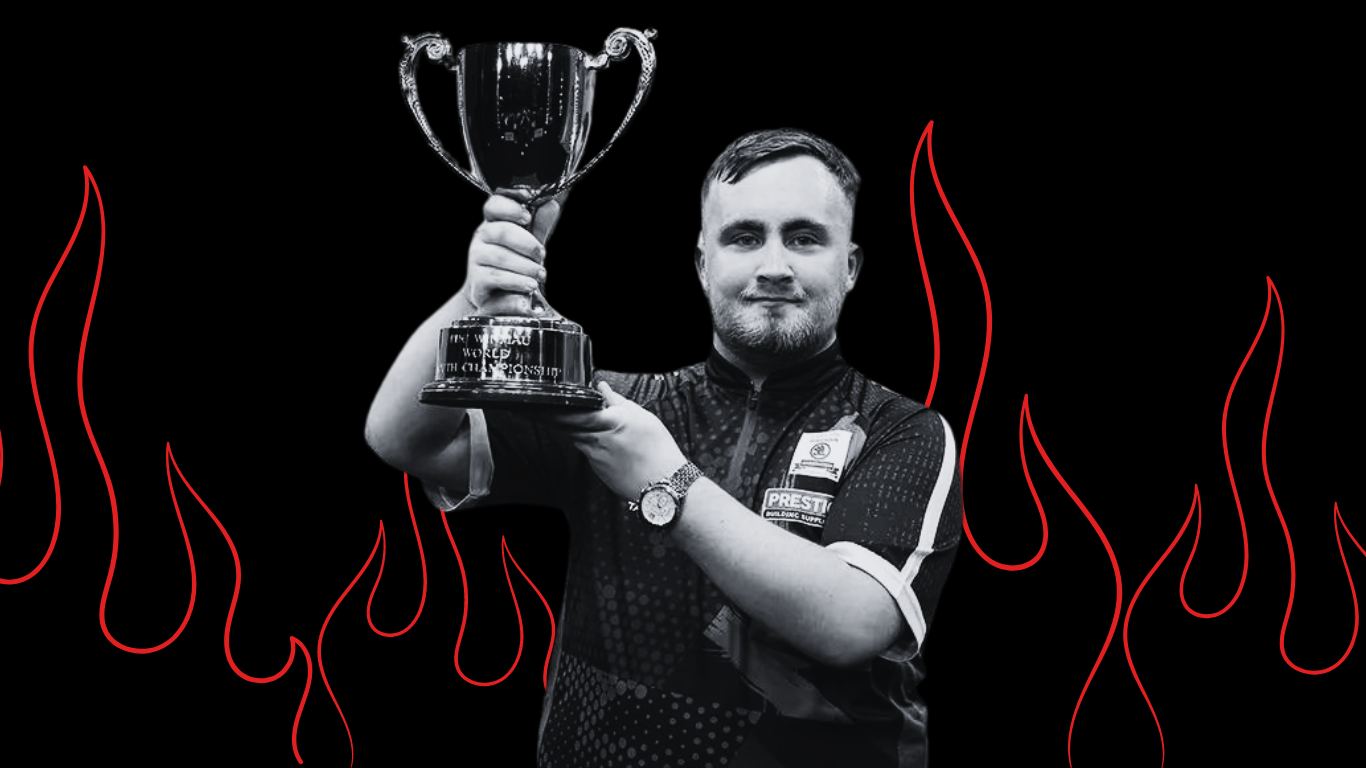This week’s Sunday Times article by our favourite journalist, Luke Johnson, was titled “For entrepreneurs, chancer should never be an insult.” It looks at the qualities encompassed by successful businesspeople, and how names that some people may think are derogatory actually show the strengths needed to become successful. We’re always happy to chat to business people – or aspiring entrepreneurs – who have a concept in mind but need the guidance to turn that idea into profit.
Here’s Luke Johnson’s article…
What form is the intelligence that enables someone to become rich? Is it the sort measured by IQ tests? Or is it something else altogether?
From my observations of self-made men and women over 30 years in business, I’ve frequently noticed how many disliked school and never attended university. I think most of the finest entrepreneurs with whom I’ve worked gave up formal education at either 16 or 18. Some are dyslexic, some hated taking directions from teachers, others were impatient to leave the theory of the classroom behind because they wanted to charge out into the real world and earn money.
A fair proportion of those who end up top of the class in secondary and higher education enter academia itself to teach and research; they tend not to spend their careers building companies or accumulating wealth.
Others who do well at exams get offered the most prestigious jobs in professional and financial firms. But these institutions are mostly cul-de-sacs for those who would risk everything to start an enterprise. The status and security of such professions are far removed from the no-man’s land of working for yourself out of a bedroom.
I can recall the loneliness and fear I felt in my late twenties when I left the comfort blanket of employment to become an entrepreneur. It seemed like a wilderness: no structure, no salary, no job description, no work colleagues. I had walked away from a respectable, middle-class occupation to pursue some half-mad dreams of independence, searching for direction and a more satisfying way of life. I blundered around but in time stumbled across a pathway, confirming my belief that controlling one’s destiny was what counted.
By rights, those who attend elite schools and universities should be endowed with skills and qualifications that enable them to conquer any field. In my experience they frequently suffer from overconfidence; they possess a sense of entitlement that severely undermines their career ambitions. As they say — he who never makes mistakes takes his orders from one who does.
I’m constantly impressed at how entrepreneurs who started working at 18 are willing to keep learning — their very lack of exam certificates means they listen to advice, rather than thinking they know it all. Sometimes a measure of insecurity can be a valuable trait.
Certainly, a sense of hunger is an absolute requirement for anyone who wants to make it. This powerful longing for success is usually sparked by early difficulties and disadvantages, rather than a comfortable background.
Many titans of business suffered tragedy and upheaval in their childhood, from the premature death of a parent to family bankruptcy. A capacity for industry and a drive to overcome obstacles are mostly forged at a young age. As George Bernard Shaw wrote: “You don’t hold your own in the world by standing on guard, but by attacking, and getting well hammered yourself.”
The very language we use to describe business risk-takers can be tinged with snobbery and disapproval — because this path is generally not the favoured one for those who come from nice homes with educated parents. Take the word opportunist; it usually carries negative connotations, yet it perfectly sums up the essence of the entrepreneur — someone who seizes commercial opportunities. Similarly, the phrase “chancer” is normally used in a derogatory fashion, yet what is a business founder but someone who takes a chance with a new venture?
Perhaps money-making is a unique talent which qualifies those who have it for nothing else on earth. Some are so consumed by the desire to create fortunes that all their other interests are mere distractions. High achievers across many disciplines are marked by long-term commitment to their calling and great powers of concentration — I would say winning entrepreneurs are always like that.
Entrepreneurs are usually not very reflective or contemplative. They prefer action to discussion or procrastination. The legendary $2 Charles Shaw wine sold in Trader Joe’s supermarkets — Two Buck Chuck’s — is made by Fred Franzia. He rejects the pretentiousness of many winemakers, saying: “We buy wineries from guys from Stanford who go bankrupt. Some real dumb-asses from there.” His private business has revenues of $500m, while he still works 100-hour weeks. His friend Michael Mondavi says: “He doesn’t worry about yachting or golf. Just business.”
Entrepreneurship derives not from intelligence but from natural forces — or possibly base compulsions — but either way it delivers noble outcomes for the rest of us.
You can read the original article here.
Luke Johnson is chairman of Risk Capital Partners and the Institute of Cancer Research.




















































































































































































































































































































































































































































































